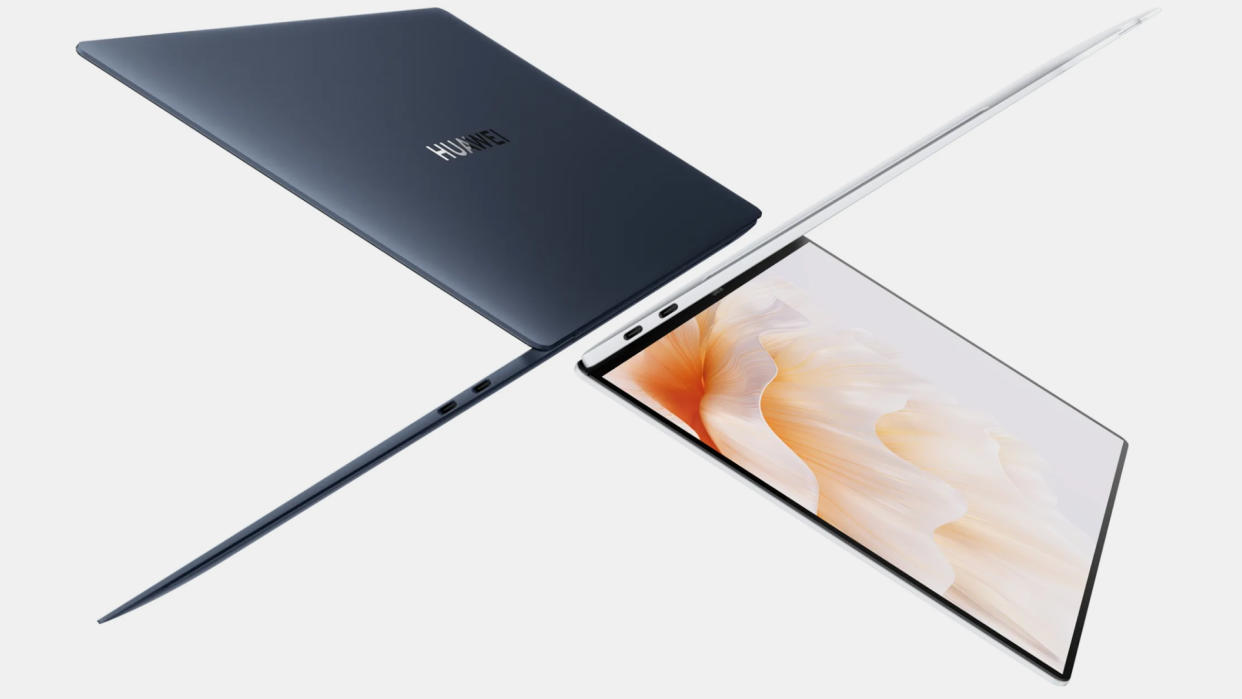U.S. lawmakers annoyed with Huawei's latest laptop with Intel Meteor Lake CPUs

Republican lawmakers in the U.S. have criticized Joe Biden's government following Huawei's recent launch of the MateBook X Pro based on Intel's Core Ultra 'Meteor Lake' processors, Reuters reports. The product's debut has reignited concerns over the Chinese firm's ongoing technology exports, which have been on a trade restriction list since 2019 for sanctions violations. But there is a catch: Donald Trump's administration has granted Huawei's export license.
The controversy centers around Huawei's continued receipt of high-tech components from U.S. companies, specifically Intel, despite being placed on a blacklist intended to curb its access to such processors. This blacklist mandates that suppliers must secure a specialized and hard-to-obtain license before conducting business with Huawei.
This situation has drawn sharp rebukes from Republican Congressman Michael Gallagher, the chair of the House of Representatives Select Committee on China, who expressed frustration over the continued technological exports to Huawei. Another prominent critic, Republican Congressman Michael McCaul, echoed these sentiments, emphasizing that he was previously assured that the licenses to Huawei would be discontinued, a promise he sees as unfulfilled.
Meanwhile, Intel has been supplying Huawei with processors for its laptops since 2020 under a license granted by the Trump administration, which is expected to expire later this year without renewal.
When it comes to export controls in regards to Huawei (or any other China-based entity), there are at least two goals for the U.S. government to achieve here: preserve Huawei's access to leading-edge American technologies (to halt China's military development) and to halt (or at least slow down) Huawei's economic development so that it could not develop its high-tech might.
While the U.S. government achieves the first goal by severely limiting the performance of processors that can be shipped to China in general and Huawei in particular, it allows shipments of relatively high-performance CPUs (which comply with the regulations) to the People's Republic.
On the one hand, this helps American companies like Intel and Qualcomm (4G versions of processors only, though) to sell their products to high-profile notebook and smartphone maker Huawei. On the other hand, getting premium processors from world-class suppliers like Intel and Qualcomm enables Huawei to make world-class products, such as the latest MateBook X Pro based on Intel's newest Meteor Lake CPUs; this helps improve the company's economic prowess. This economic prowess is used to research and develop microelectronics fab tools that could be used to build fabs that make chips to improve China's military capability.
While the concern is more than understandable, we can only wonder why Republican lawmakers were not precisely concerned in 2020 about the same Intel and Qualcomm license grant by the Donald Trump administration.

